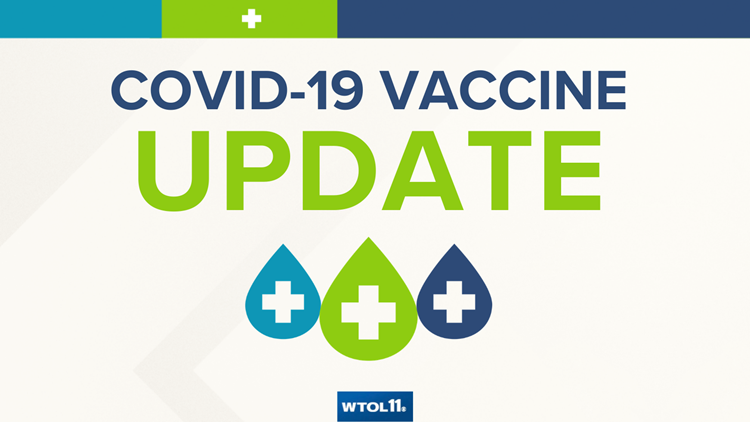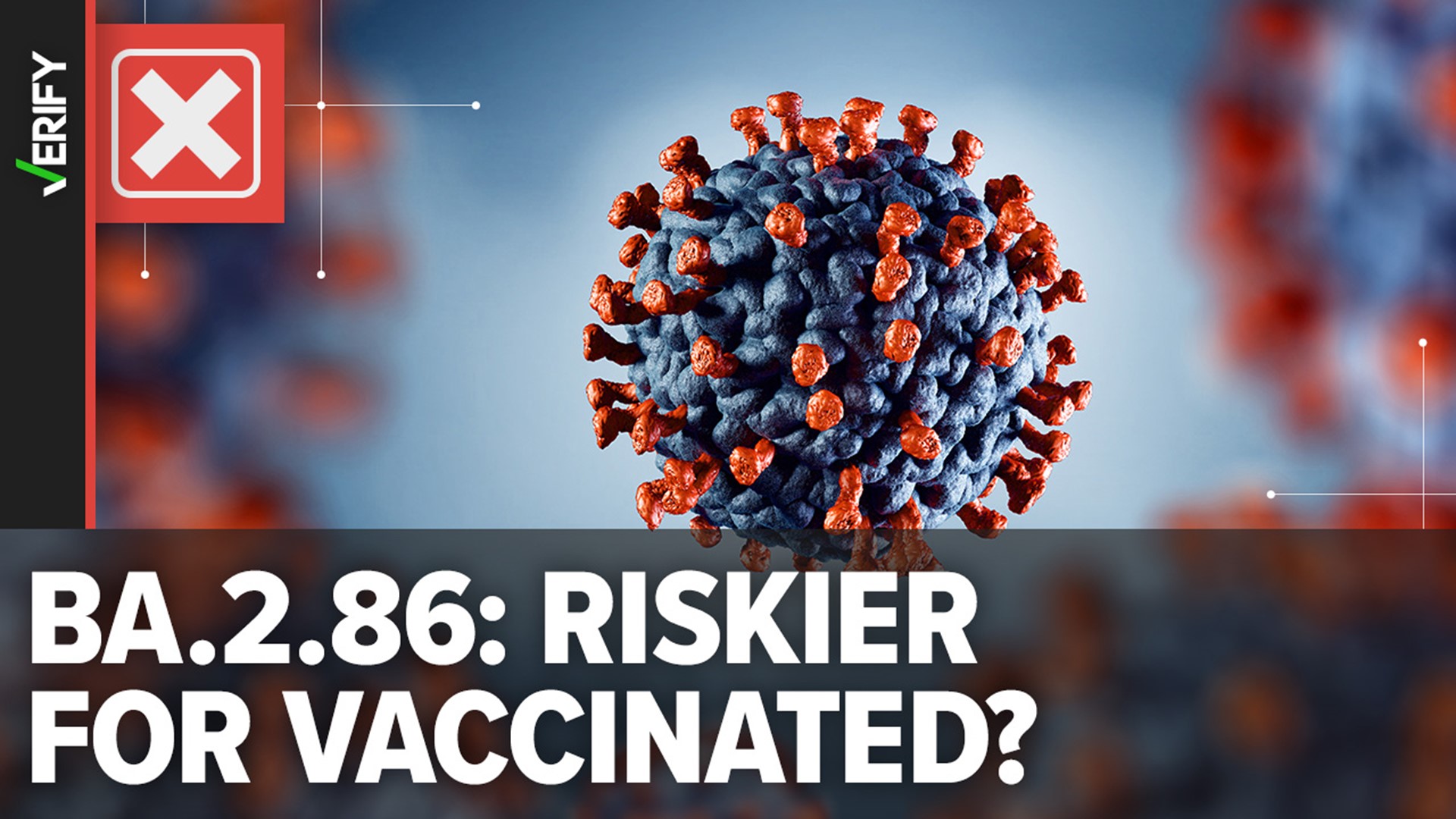TOLEDO, Ohio — The Toledo-Lucas County Health Department is teaming up with community leaders to better distribute the COVID-19 vaccine to people of color.
Health Commissioner Dr. Eric Zgodzinski said Friday just 5.56 percent of the Black population in Lucas County has received the vaccine. His goal is 80 percent, but in order to achieve that number, barriers must be broken down.
Ohio Rep. Paula Hicks-Hudson (D-Toledo), Toledo NAACP President Rev. Dr. W.L. Perryman, Jr., and Lucas County Commissioners President Tina Skeldon-Wozniak joined the weekly news conference to discuss a new plan from the health department. Zgodzinski said this "first draft" will be adjusted as needed, but the goal is to get more shots into the arms of people of color.
"Communities of color have mistrust when it comes to receiving help from the government," Perryman said. "It's imperative trusted organizations and individuals can assist with vaccination efforts. We also know misinformation circulates quickly. It's our responsibility to spread factual information to our brothers and sisters. People of color are looking to people they're comfortable with and trust for information."
The four-pronged approach includes:
- 20 percent of weekly vaccine allocations received will be set aside for people of color
- Breaking down barriers to current vaccine clinics and enabling public libraries to schedule appointments
- Communication from trusted partners in communities of color to promote vaccine availability
- Dedicated vaccine clinics for communities of color in trusted locations
"We're utilizing some locations we have been using," Zgodzinski said. "Well be looking at new sites in underserved areas. We'll be looking at how we can do precision pods in those areas."
Zgodzinksi said more information on making appointments at libraries will be coming Monday.
UAW Local 12 is hosting a clinic Saturday strictly for people of color. The by-appointment-only clinic filled all 500 slots quickly, which Zgodzinski said was an encouraging sign.
He also assured that no vaccine doses will go unused. If any of the 20 percent set aside for people of color isn't allocated, it will be moved to other clinics for other people to receive.
The health department is mandated to get vaccinations into arms within seven days.
Zgodzinski said Mercy Health and ProMedica have partnered with the department to assist with the plan.
Advocacy group seeks essential worker priority
Friday's news conference comes amid a push by advocacy group Essential Ohio, which is urging Gov. Mike DeWine and Ohio Department of Health Director Stephanie McCloud to prioritize essential workers for COVID-19 vaccines.
The group notes that Black Americans and those of Latin American origin are overrepresented in essential occupations. In addition, COVID-19 has diminished the average U.S. lifespan by an entire year, but Black Americans and those of Latin American origin have lost 2.7 and 1.9 years, respectively, according to the CDC.
On Feb. 8, Essential Ohio sent a letter to DeWine and McCloud, urging them to prioritize essential workers for COVID-19 vaccines. The letter outlines other worker protections, like paid sick leave, that are “essential” to the lives and well-being of these workers and must be extended to them immediately.
Some facts that Essential Ohio points out are:
Black Ohioans make up 13% of the population, but are more likely to work in essential occupations. As a direct result, they make up 23% of COVID-19 cases, 31% of hospitalizations, and 19% of deaths in Ohio (Health Policy Institute of Ohio).
Ohio Latinos also have higher rates of COVID-19 infections and hospitalizations. Many work in jobs in food production, manufacturing, and agriculture. Essential Ohio notes those who are immigrants, especially undocumented immigrants, work amid all the risks of these positions and receive none of the COVID-19 economic aid from the government.
“For a year, politicians praised essential workers as ‘heroes’ but let them contract the virus and die at alarming rates. In order to keep doing the work we all see as essential for society to function, it is essential that these workers receive both priority access to the vaccine and broad-based worker protections. Yesterday is already too late,” said Sarah Ingles, Board President, Central Ohio Worker Center.



